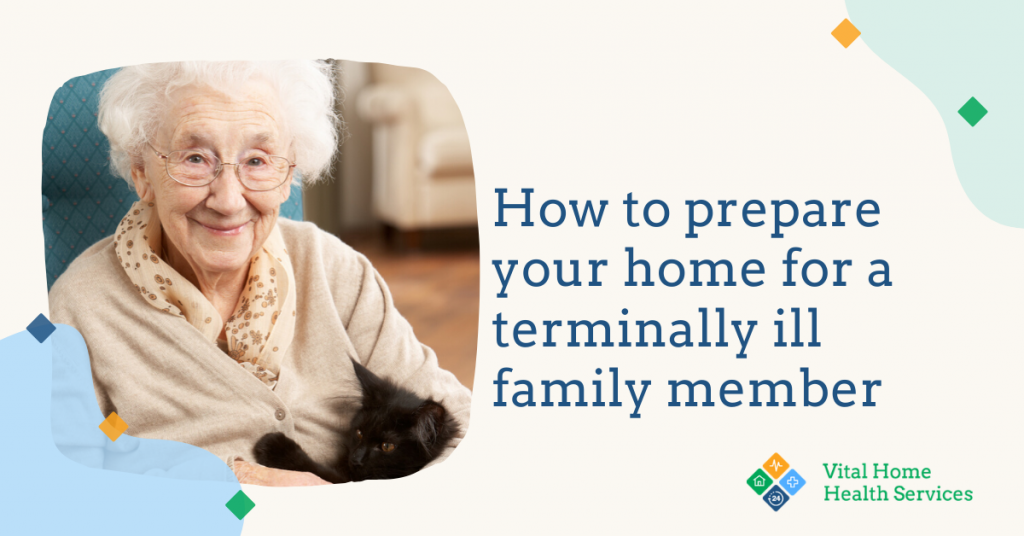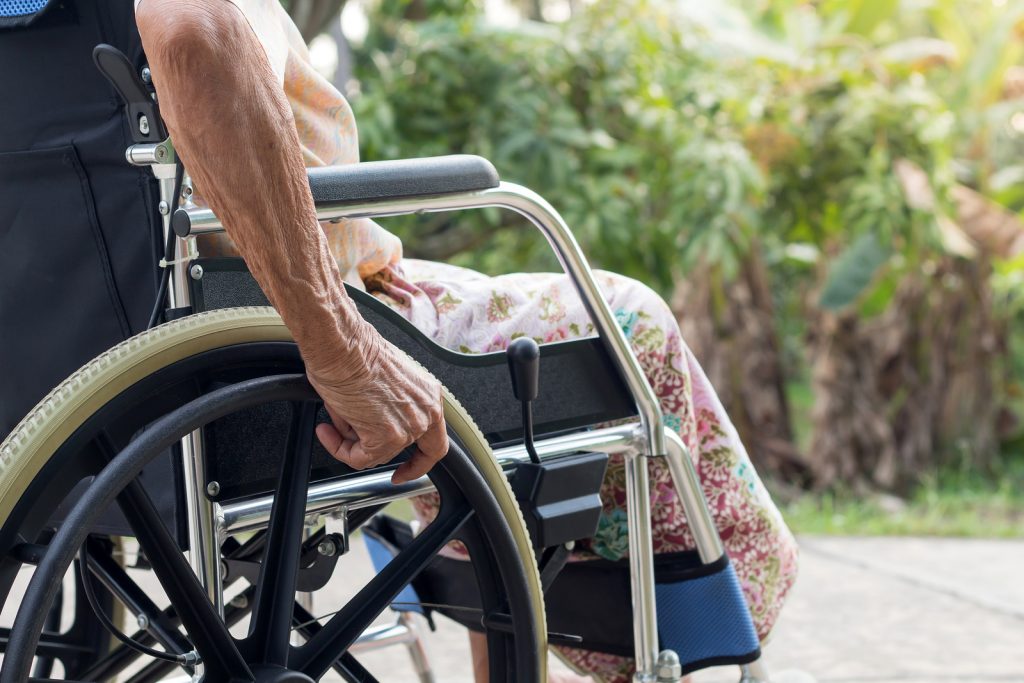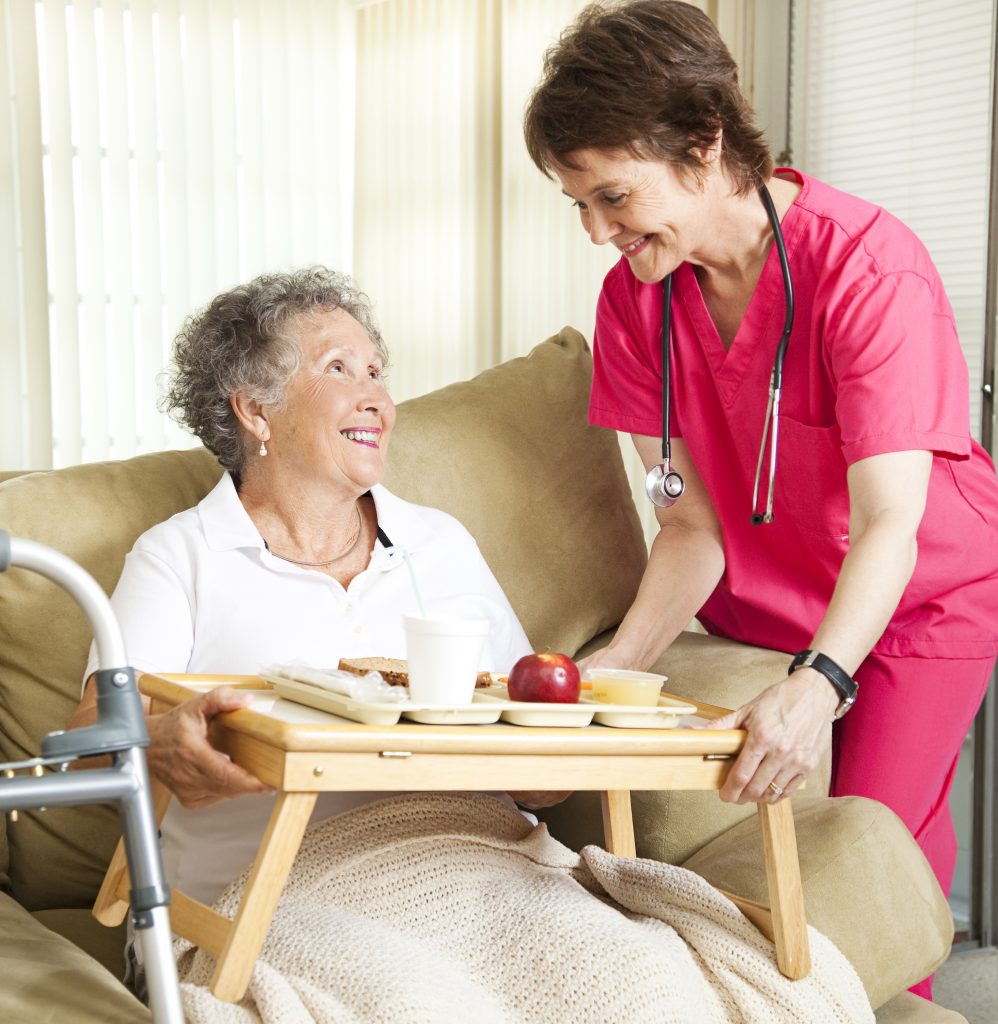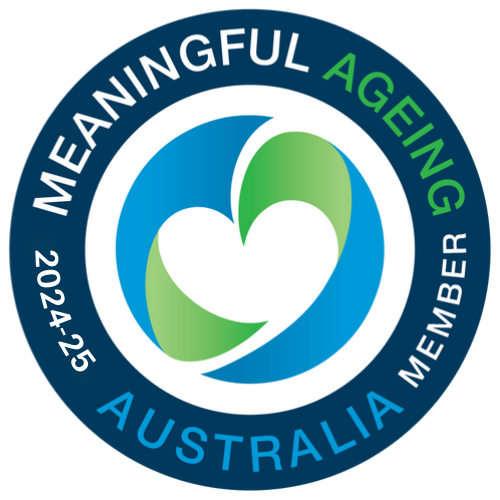If you are welcoming a terminally ill loved one or family member into your home or back into their own home, you must ensure you properly prepare the home so your loved one can live safely. Below we offer some top tips and considerations for how to prepare the home for a terminally ill family member.

1. Complete an in-home care assessment
Before you can begin to prepare your home, it is recommended to complete a full assessment of what changes and services you need or will need to make. This will ensure the home will be safe and comfortable for your family member, and that they have the support they need. It is also, however, extremely important that you seek expert help and guidance to ensure you have taken every step necessary to create a safe and healthy living environment for your terminally ill loved one.
Using an experienced and qualified home health care and services provider such as Vital Home Health Care Services will ensure your in-home assessment covers all areas of preparing the home for a terminally ill family member or loved one.
An in-home care assessment will involve a thorough examination of the home and facilities within it, including but not limited to:
- Accessibility of the home
- Hygiene facilities, fittings, and fixtures
- Electrical outing, wirings, and fixtures
- Furnishing and space for additional equipment eg lifter
- Emergency requirements i.e. phones, exits, disaster plans, emergency call buttons
- Additional services and requirements
2. Make necessary home modifications
After an in-home care assessment, you will have a better understanding of what home modifications you will need to have in place.
Some home modifications could be covered under some government funding, and this is where having an experienced home health care provider is handy, as we can help you navigate the systems of government assistance available to ensure you get the funding you’re eligible and entitled to.

We can also refer you for further assessment for more assistance if required.
If your family member requires assistance with their mobility eg a wheelchair, some of the considerations to think about but not limited to include:
- Adjusting the height and width of your doorways
- Ensure shower recess is free of hobs and that a non-slip surfacing is applied to the tiled area to prevent slips and falls
- Ensure grab rails are available for holding on to and that they are safe and fit for purpose and also at the correct height
- Ensuring internal and external doors allow for safe transfer using a wheelchair, 4 wheeled walker or commode chair
- Ensuring bed height allows for safe transfer and care for when your loved one cannot leave his/her bed
- Relocating light switches and appliances to a lower level
- Installing a ramp to the entrance of the home or to the courtyard for fresh air and sunlight
Essentially these home modifications and or equipment will allow your family member to live as independently as possible while also ensuring that you and the carers are also free of injury and risk to your own health.
There are many other home modifications and equipment that should be considered and will be discussed with you in the first step of our in-home assessment.
3. Create new disaster plans
In the case of a power outage, it is important to have a back-up plan especially if your family member is dependent on electrically powered machines and/or medical equipment. Especially if your loved one is on home oxygen.
Many energy providers offer options for example, where you can register as a ‘life support customer‘, this will ensure your energy company keeps you updated with any planned energy cuts. Registering your loved homes home for priority assistance also ensures that they get quick assistance to reconnect power or phone lines in the case of an outage.
It is also a good idea to keep all your emergency charged equipment ready at all times.
4. Have an emergency plan or system
Emergencies happen, and it is important to be prepared for events like locking yourself outside or leaving a stove on. It is a good measure to make sure you are prepared for any situation by creating an emergency care system.
This could involve leaving a key with a neighbour, arranging for a key padlock to be installed or asking a friend to be on standby to help with your childcare and having important numbers, such as your loved one’s doctor, saved on your phone.
5. Purchase an emergency call system
Purchase an emergency call system that your friend or family member can wear at all times. This will ensure no matter if you are at work or away from home, your loved one will be able to get the attention they need should a problem arise. This will also give you peace of mind that when you are away from home your loved one is not isolated.
6. Hire home health care services
If you are welcoming a terminally ill loved one home, but do not feel you have the time or capability to give them the support they need, you may wish to hire a care professional to help your friend or family member. For example, a care professional will be able to provide the following:
- Daily hygiene and grooming help
- Dressing and undressing assistance
- Help using the bathroom
- Meal preparation and planning
- Assisting with eating/feeding and drinking
- Providing skincare where necessary
- Continence management and care
- Transport /transfers and aid in mobility

You can see a full list of services we provide, for terminally ill clients here.
7. Be flexible
The needs of your terminally ill family member may change at any time. For this reason, you must be flexible and quickly adapt to new challenges as they arise. For example, your loved one can go from been mobile and capable to not be able to move around like before.
Again, having an experienced home health care service provider can support these instances.
8. Plan your funding
Caring for a terminally ill family member can be costly, especially if there are many home modifications and equipment to arrange for and staff to hire. It is important to be aware of any government funding that you and your family might be eligible for. Speak to us if you need guidance as to where to go for help with funding as this will depend on the age, health, and situation of your loved one.
To avoid any unforeseen costs, carefully plan what your budget would look like and where the money will come from. Using a service like Vital Home Health Services means we can work with you to help you achieve what you wish without overburdening your budget.

9. Remember to care for yourself
If you are the primary caregiver it is very important to make sure you have time to relax and recharge. It is just as important as providing care for your terminally ill friend or family member. Ensure you have scheduled time to relax – using a respite care service is a great idea in this instance. This will prevent you from experiencing care burn-out and will ensure you can deliver care at your best.
10. Contact Vital Home Health Services
The above might seem overwhelming – there is a lot to consider when preparing your home for a terminally ill family member. So to help ease this process you can contact Vital Home Health Services. We can complete everything with you, from an initial in-home assessment to organising home modifications. As well as helping a terminally ill loved one feel engaged in their local community if they wish.
We have extensive knowledge about terminally ill care and support that will help you ensure you are using the best resources possible.
To learn more about our services, or how we can help you, do not hesitate to contact Vital Home Health Services today.








